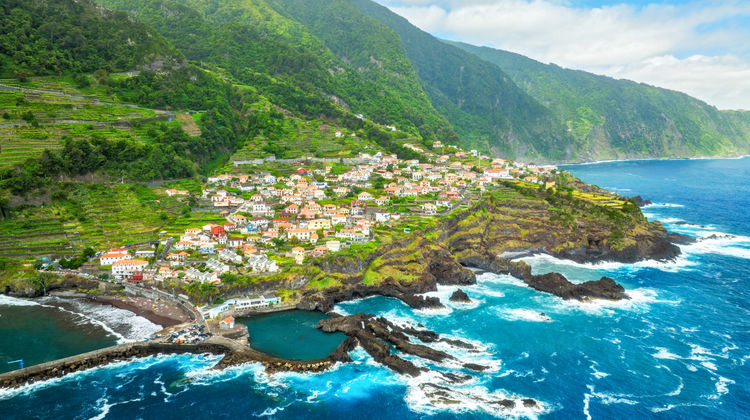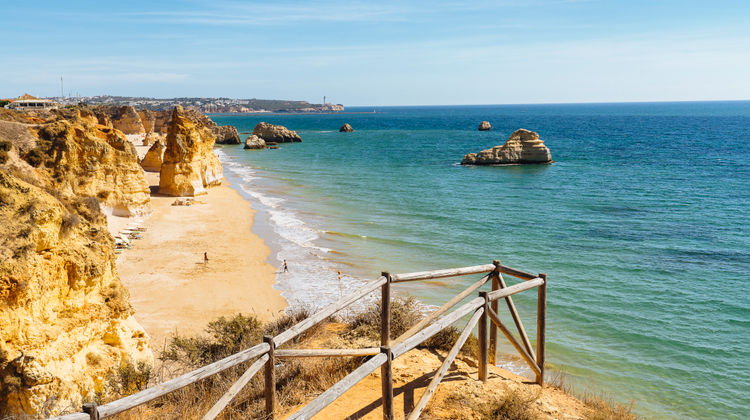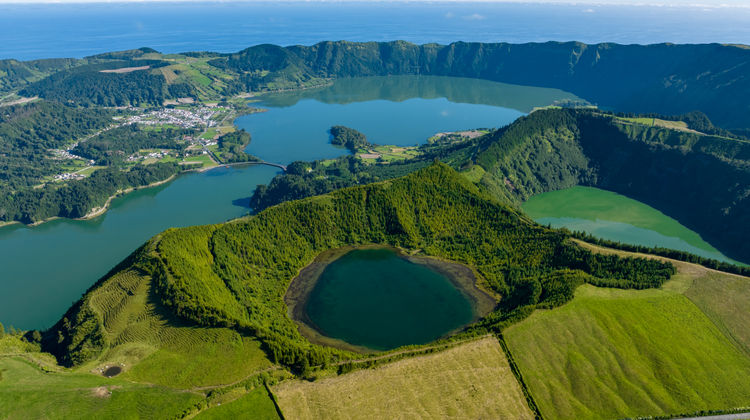Discover the Unique History and Culture of Madeira, Portugal
Madeira's Volcanic Legacy: A Paradise for Nature Lovers and Adventure Seekers
The volcanic origin of Madeira offers a fascinating glimpse into the earth's dynamic processes, shaping the archipelago over millions of years. Approximately 5 million years ago, the fiery birth of Madeira began deep beneath the Atlantic Ocean. As volcanic eruptions occurred, molten lava, ash, and rocks were expelled, gradually building up the islands' foundations. This volcanic activity led to the formation of the four islands that make up the archipelago: Madeira, Porto Santo, Desertas, and Selvagens.
Today, Madeira's volcanic origins have transformed it into one of the world’s most popular tourist destinations. Visitors are drawn to its unique landscapes, from the Laurisilva forests, a UNESCO World Heritage Site, to the network of levadas (irrigation channels) that provide stunning walking paths. The islands offer a blend of natural beauty, adventure, and tranquility, making them a paradise for nature lovers, hikers, and those seeking a serene getaway.
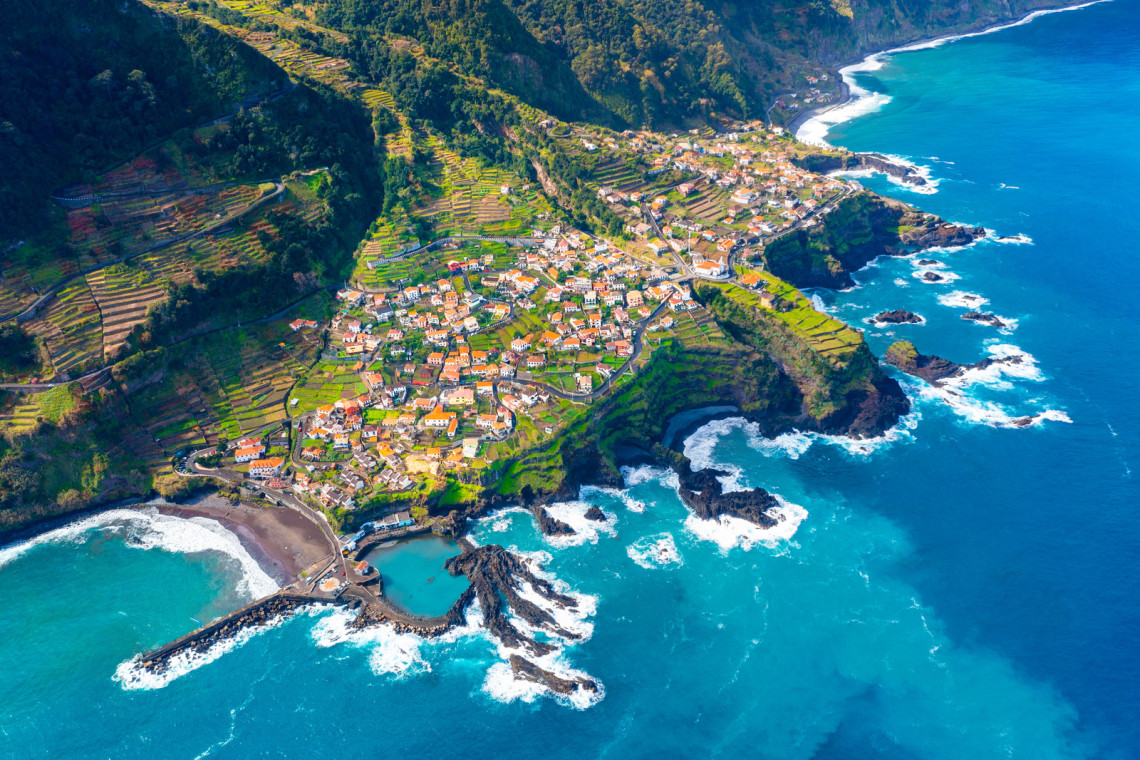
Madeira's Discovery and Early Settlement
Madeira's discovery is a tale of exploration and adventure. In 1419, a trio of Portuguese sea captains - João Gonçalves Zarco, Bartolomeu Perestrelo, and Tristão Vaz Teixeira - stumbled upon this uncharted territory during their voyages. Struck by the dense forests covering the island, they aptly named it ‘Madeira,’ which means ‘wood’ in Portuguese. The capital city, Funchal, received its name from the abundance of fennel ('funcho' in Portuguese) found in the area.
Despite its discovery in 1419, it wasn't until 1425 that the Portuguese began to colonize Madeira. The delay in colonization was due to the time taken to recognize the island's true potential. Madeira was not just a lush, forested island; it was a treasure trove of natural resources. Its strategic location in the Atlantic Ocean made it an invaluable stopover and refueling point for ships embarking on long voyages to Africa and America. This strategic position would later play a crucial role in Portugal's expanding maritime trade routes during the Age of Discovery.
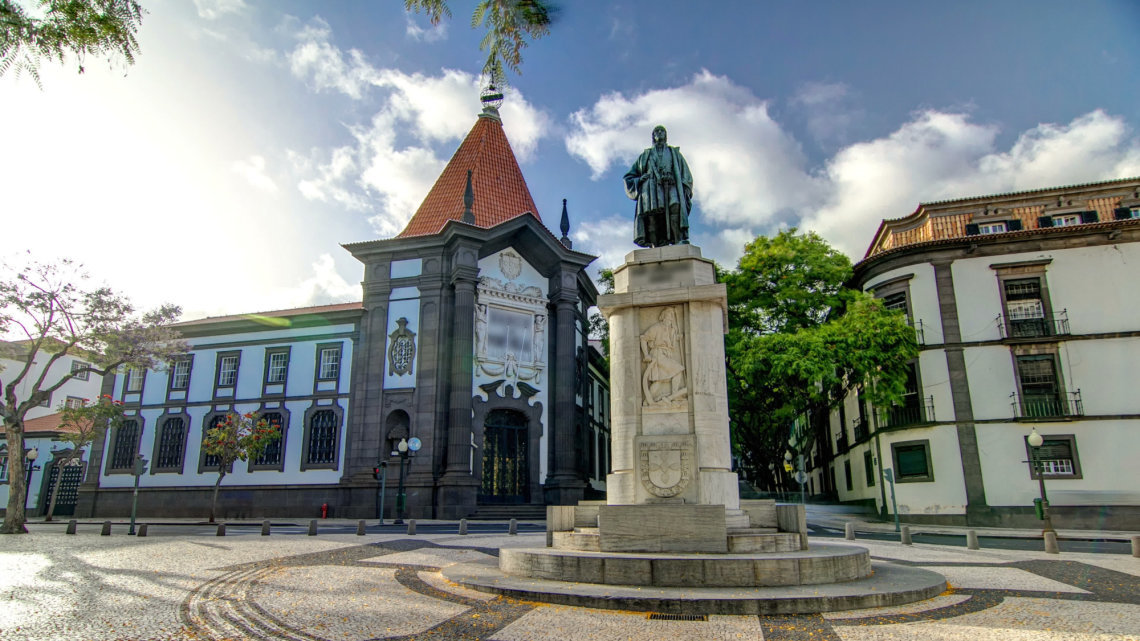
Sugar, Honey & Rum: The History of Madeira's "White Gold" Era
Back in the 15th century, Madeira began planting sugar cane, a crop originally imported from Sicily by Dom Henrique (better known as "Prince Henry the Navigator.") Though the steep and hilly lands were very difficult to cultivate, Madeira eventually had great success and began producing sugar cane on farms and in mills around the island. Sugar was considered a luxury at the time, and as plantations and production expanded, the industry grew to rapidly become one of great importance to the local economy. Madeira Sugar became well known all over Europe, attracting merchants and traders to the port city of Funchal, many of whom eventually settled in the city and across the island.
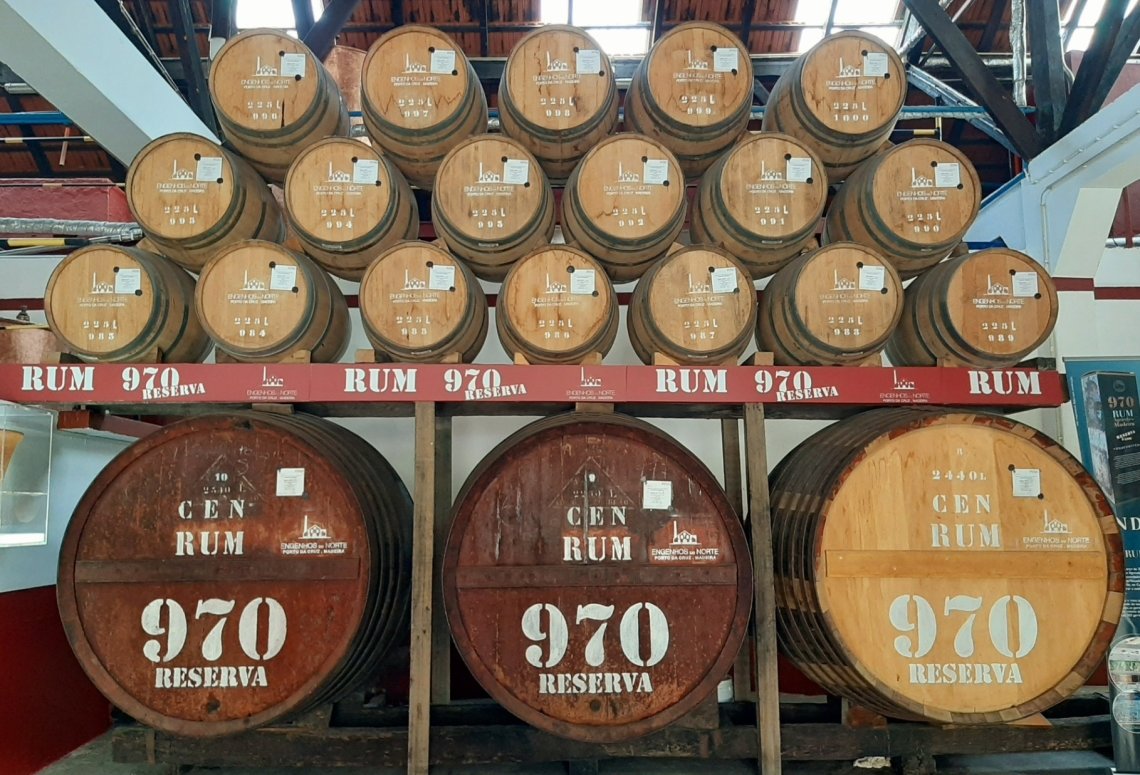
By 1472, Madeira's sugar began being exported directly to Flanders, opening a very important line of trade between Portugal and the country. Sugar was even traded for unique works of Flemish art, much of which can be found displayed at museums around Madeira. Works of gigantic proportions were imported, mostly paintings, ostentatious mixed altarpieces or triptychs, as well as major images from Bruges, Antwerp, and Malines. Silver and copper objects, and gravestones with metal inlays were imported from Flanders and Hainaut, such as those in the Funchal Cathedral and Museums such as the one of Sacred Art.
Madeira Island's sugar production reached its peak between 1500-1520, making the island the largest sugar exporter in the world. But, by the end of the century, sugar cane production fell due to over-production and disease that wiped out the crop fields around the island. Today, three sugar cane processing factories still exist and process the raw materials into honey, molasses, and rum. Though the factories are only running during the spring months, they are open for visitors year-round at their locations in Ribeiro Sêco in Funchal, Calheta, and Porto da Cruz.
Madeira's Cultural Tapestry: A Fusion of Architectural Marvels and Artistic Traditions
The cultural mosaic of Madeira is evident in its architecture, cuisine, and traditions. The island’s capital, Funchal, is home to a mix of Gothic, Romanesque, and Manueline styles, visible in its churches, fortresses, and public buildings. The famous "Bordado Madeira" or Madeira embroidery, is a testament to the skill and artistry of the local people, a craft passed down through generations.
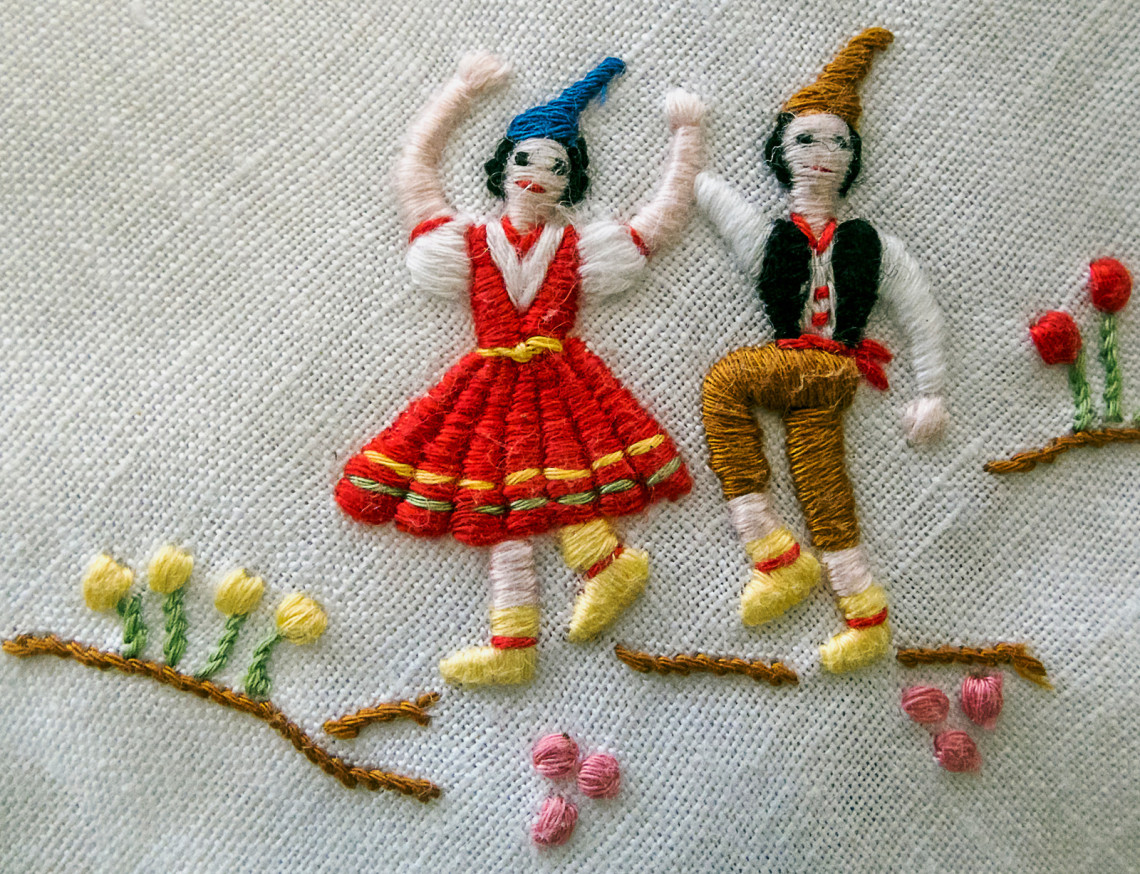
Discover the Magic and Flavor of Madeira Wine
Throughout the 17th and 18th centuries, Madeira’s economy was boosted by the emergence of its world-famous wine. Madeira’s fortified wine has not only accompanied many great meals but also some of the world’s most historically significant moments. That’s right, the founding fathers of the United States toasted the signing of the Declaration of Independence with Madeira Wine on July 4, 1776. Winston Churchill was once quoted as saying that drinking an aged Madeira wine is equivalent to “drinking liquid history.”
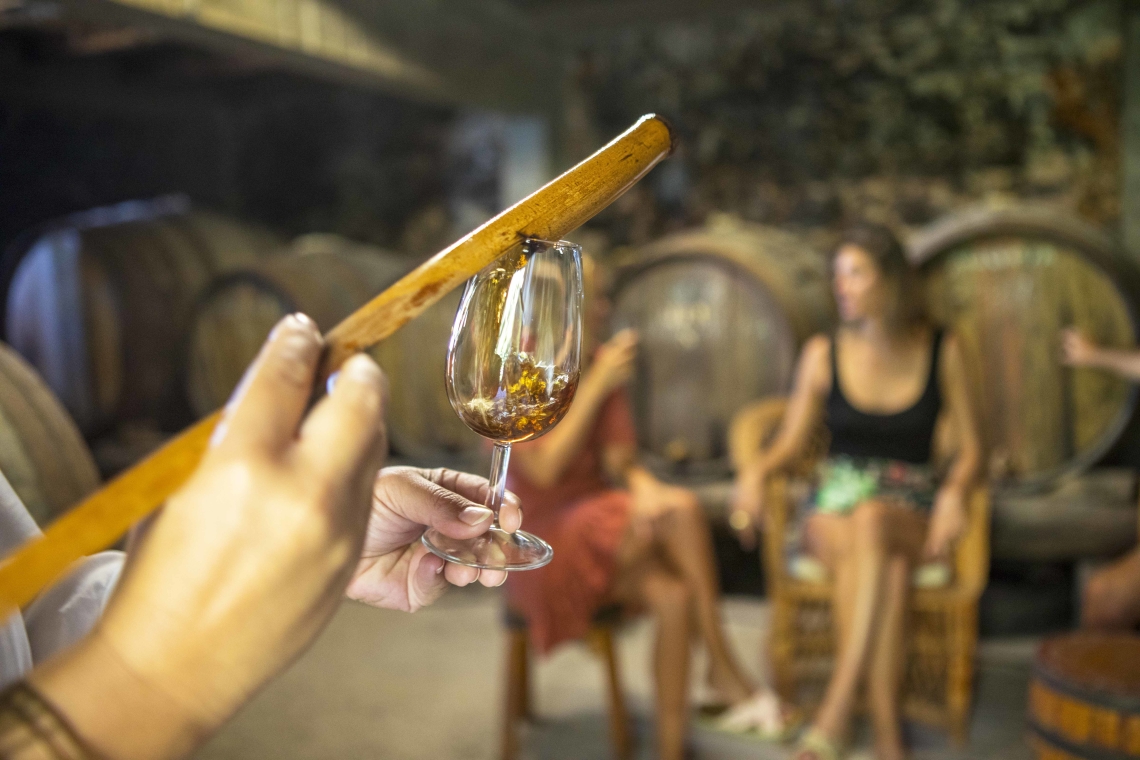
Festivals and Celebrations
Madeira’s cultural calendar is dotted with vibrant festivals. The most famous of these is the Madeira Flower Festival, held every spring, showcasing stunning floral displays, traditional music, and dance. Another notable event is the Madeira Wine Festival, celebrating the island's centuries-old wine industry with tastings, folk performances, and harvest activities.
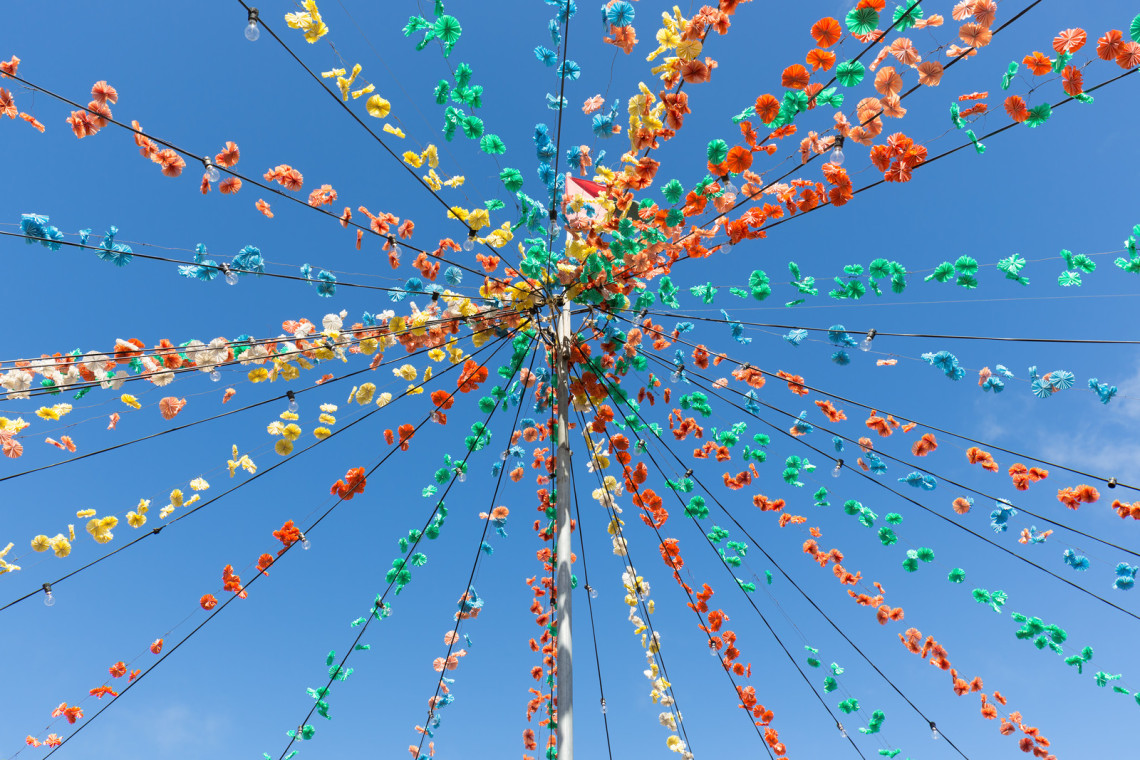
The Madeiran Lifestyle
The Madeiran lifestyle is a blend of its laid-back island setting and the vibrancy of its rich culture. Locals are known for their warmth and hospitality, welcoming visitors with open arms. The island’s pace of life encourages relaxation and appreciation of the simple joys – a sunset over the ocean, a stroll through its scenic landscapes, or a quiet moment savoring a glass of fine Madeira wine. Madeira gained immense popularity as a European tourist hotspot throughout the 19th and 20th centuries, laying the groundwork for what would later become the islands’ largest economic sector in the present day.
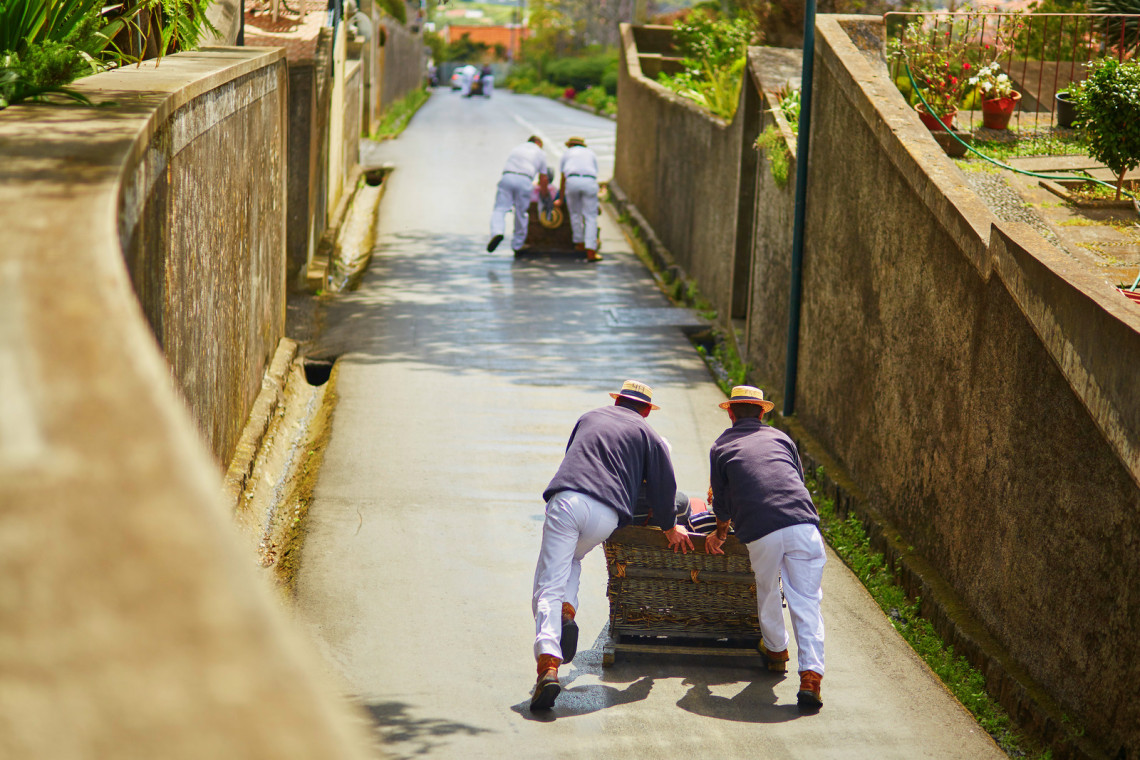
Its unique history has shaped a rich and diverse culture, evident in every aspect of island life. From its stunning natural beauty to its historical landmarks, vibrant festivals, and delicious cuisine, Madeira offers a unique and unforgettable experience. A visit to Madeira is not just a journey through picturesque landscapes but also an exploration of a culture that has been shaped by centuries of history, tradition, and a blend of global influences.
If you have fallen in love with Madeira, take a look at our hassle-free packages that allow you to plan your dream trip to this beautiful destination. Our team of local experts has thoughtfully designed all our packages, ensuring that you don't have to worry about any arrangements. Simply sit back, unwind, and make the most of your vacation!

.jpg)
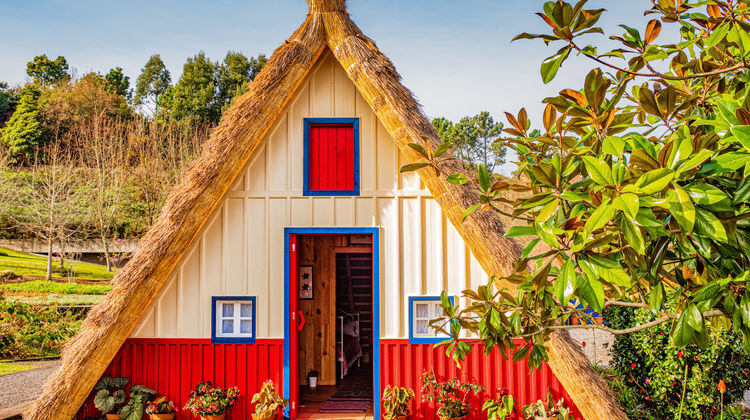
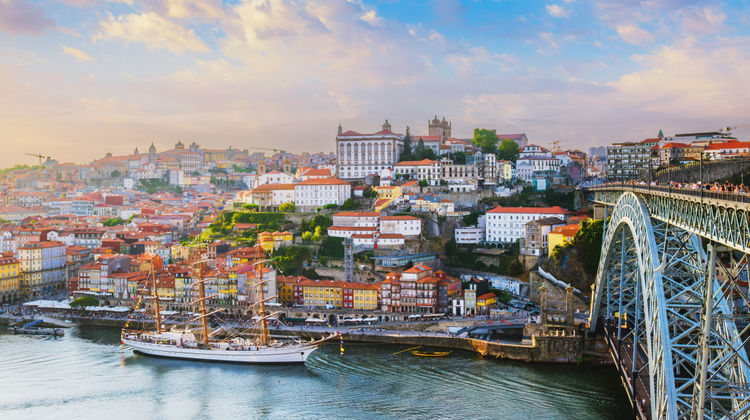
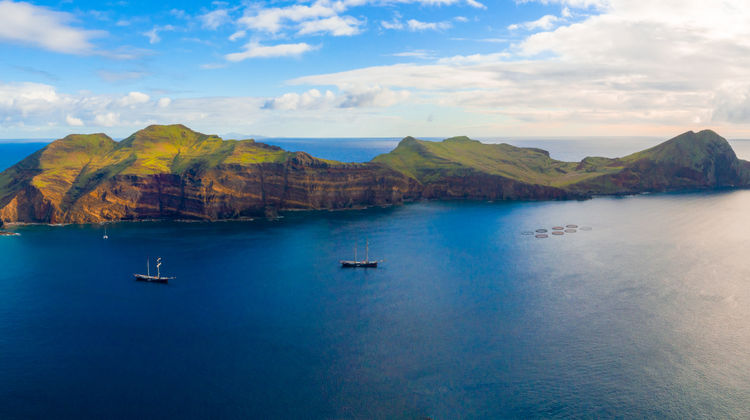
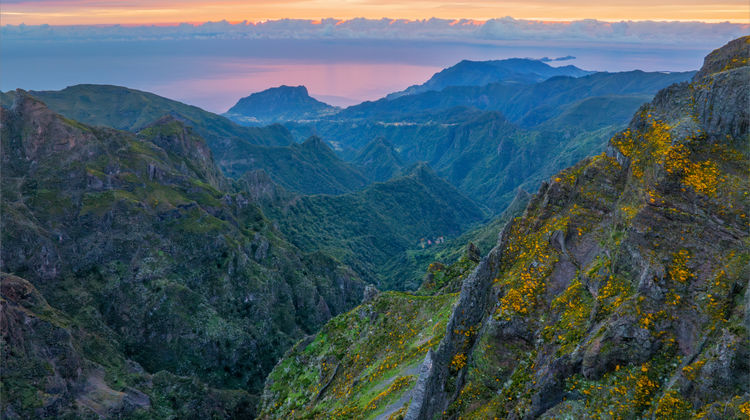
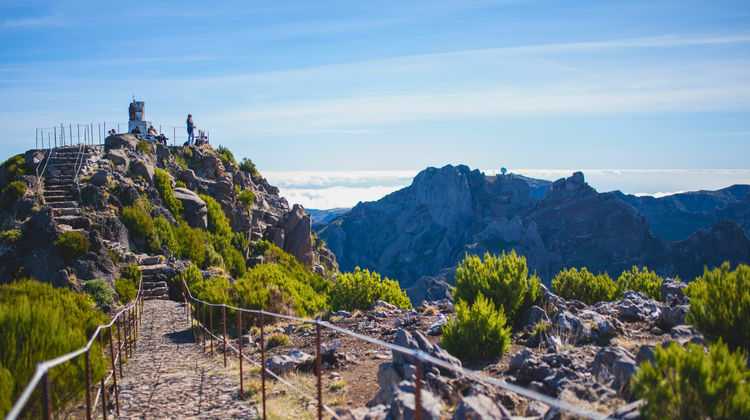
ricardo-faria-paulino-(1).jpg)
